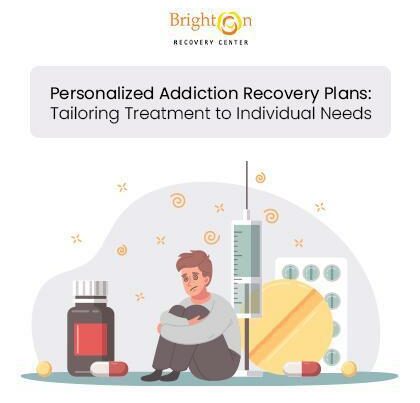Therapeutic Approaches: Counseling and Emotional Healing in Rehab
Introduction:
Beginning the road to recovery from addiction entails more than just overcoming physical dependence on substances. It requires addressing the underlying emotional and psychological aspects that contribute to addictive behaviors. In this blog post, we’ll delve into the significance of counseling and emotional healing in rehabilitation, exploring various therapeutic approaches that empower individuals to navigate the complexities of recovery.
The Role of Counseling in Rehab:
Counseling serves as a cornerstone in addiction rehabilitation treatment, providing a safe space for individuals to explore the emotional roots of their addiction. Therapists collaborative with clients to identify and address underlying issues, trauma, and maladaptive coping mechanisms that may have fueled their substance use.

Individual Counseling:
Individual counseling, or one-on-one therapy, offers a personalized and confidential setting for clients to delve into their unique challenges and experiences. Therapists use evidence-based approaches, such as cognitive-behavioral therapy (CBT) or psychodynamic therapy, to help clients gain insights into their thoughts, feelings, and behaviors, fostering self-awareness and personal growth.
Group Therapy:
Group therapy fosters a sense of community and shared experience among individuals in recovery. Led by a trained therapist, these sessions provide a platform for participants to express themselves, share insights, and offer mutual support. Group dynamics play a crucial role in breaking the isolation often experienced during addiction recovery, promoting empathy, and building connections.
Family Therapy:
Addiction doesn’t only affect the individual—it ripples through families, impacting relationships and family dynamics. Family therapy involves the inclusion of family members in the therapeutic process. It aims to improve communication, rebuild trust, and address family patterns that may contribute to the cycle of addiction. Family support is vital for long-term recovery success.
Trauma-Informed Therapy:
Many individuals grappling with addiction have experienced trauma in their lives. Trauma-informed therapy recognizes the impact of past traumatic events on mental health and substance use. Therapists use specialized techniques to create a safe environment, validate the individual’s experiences, and help them develop healthy coping mechanisms for dealing with trauma triggers.
Dialectical Behavior Therapy (DBT):
DBT is a therapeutic approach that combines cognitive-behavioral techniques with mindfulness principles. It is particularly effective in addressing emotional dysregulation, a common challenge for individuals with substance use disorders. DBT teaches skills for emotional regulation, interpersonal effectiveness, distress tolerance, and mindfulness.
Motivational Interviewing:
Motivational interviewing is a client-centered therapeutic approach designed to explore and resolve ambivalence about change. Therapists work collaboratively with clients, helping them identify their intrinsic motivations for recovery. By fostering self-motivation, individuals are more likely to embrace positive behavioral changes.
Cognitive-Behavioral Therapy (CBT):
CBT is a widely used therapeutic modality in addiction treatment. It focuses on identifying and changing negative thought patterns and behaviors associated with substance use. By challenging distorted thinking and promoting healthier coping strategies, CBT equips individuals with the tools to navigate triggers and prevent relapse.
Mindfulness-Based Approaches:
Mindfulness practices, such as meditation and mindful awareness, are integrated into many therapeutic approaches. Through mindfulness practices, individuals can develop a non-judgmental awareness of the present moment, reducing stress and promoting emotional well-being. Mindfulness-based relapse prevention is an example of a program that combines mindfulness with cognitive-behavioral techniques.
Expressive Therapies:
Creative and expressive therapies, including art therapy, music therapy, and dance/movement therapy, provide alternative avenues for emotional expression. These therapies tap into the individual’s innate creativity, facilitating self-discovery and emotional healing in non-verbal ways.

Conclusion:
Counseling and emotional healing are integral components of the rehabilitation process, addressing the multifaceted aspects of addiction. By providing a therapeutic space for self-exploration, counseling helps individuals uncover the emotional roots of their substance use and develop healthier coping mechanisms. Whether through individual, group, or family therapy, the diverse therapeutic approaches available in rehab empower individuals to rebuild their lives, foster emotional resilience, and embark on a journey of sustainable recovery. Recognizing the importance of emotional healing, rehab programs strive to create a supportive and nurturing environment that promotes lasting positive change in the lives of those seeking recovery from addiction.



